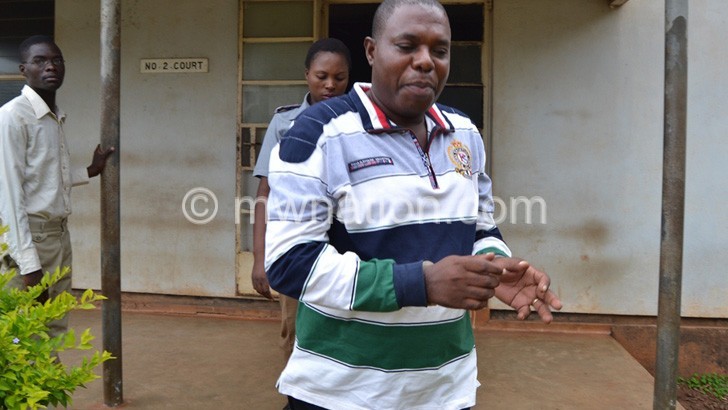Malawi, Rwanda sign Extradition Treaty
The governments of Rwanda and Malawi today signed the Extradition Treaty to facilitate easy transfer and extradition of nationals suspected to be in conflict with the law in their respective countries of origin.
Until today, Rwanda was not a designated country for extradition and based on the premise Principal Resident Magistrate’s Court in Lilongwe last week threw out an extradition case against Rwandan genocide convict Vincent Murekezi.

Principal Resident Magistrate Patrick Chilunga Chirwa said when he dismissed the extradition application that his hands were tied on the matter.
Chirwa cited inexistence of the bilateral treaty between Malawi and Rwanda and irregularities in the manner the State presented the case in court.
The Minister of Foreign Affairs and International Cooperation Francis Kasaila told journalists in Lilongwe that the signing of the Extradition Treaty automatically qualifies Rwanda as a designated country for extradition.
He emphasised that the treaty gives power to the Ministry of Justice and Constitutional Affairs and prosecution authorities to start implementing the treaty, including in the Murekezi case.
But Kasaila dismissed fears that the treaty was expedited to target Murekezi [whose extradition had been rejected by the court].
He said: “I don’t believe it (the treaty) has been speeded up because of the case that is in court….We are living in a global village and all of us need each other. And therefore we believe that these MoUs [memoranda of understandings] are important for all of us.”
He disclosed that the treaty had also prepared the way for the implementation of various MoUs, which government has been signing with its Rwandan counterpart since July last year.
“For us to start implementation, we need these MoUs because these are guiding us in different sectors. From July to this date, it has been six months.
“To us, we could have loved to have done that two or three months ago. But we couldn’t because of other pressures. Now, finally we have signed these MoUs and we believe that we will continue signing other more MoUs so that different sectors can start benefitting from these,” explained Kasaila.
The Rwandan Minister of Justice and Attorney General, Johnston Busingye, said the treaty creates an enabling environment for the two countries to administer and dispense justice in various criminal activities involving citizens of the two countries.
“We have signed the Extradition Treaty. Now, from here, the justice actors – either in the Prosecution of Judiciary – of both countries can use this agreement in any way that the law allows it to be used and the courts can enforce.
“So, really it is up to the Judicial Authorities in this country if there is a specific Rwandan citizen who has issues in Rwanda to use this agreement in the court,” Busingye said.
Senior Assistant Chief State Advocate, Steven Kayuni, said the signing of the treaty has cleared the way for the State to re-submit the Murekezi extradition case to court.
Treaty can’t apply retrospectively
However, law expert Justice Dzonzi warned that it would be against the legal principle for the State to apply the treaty retrospectively.
“The legal principle on such matters is: you don’t enact a law today and make it apply on matters that were not under its coverage yesterday,” said Dzonzi.
Among others, the treaty mandates Malawi and Rwanda to transfer convicted persons and any person suspected of committing a crime in their respective countries.





